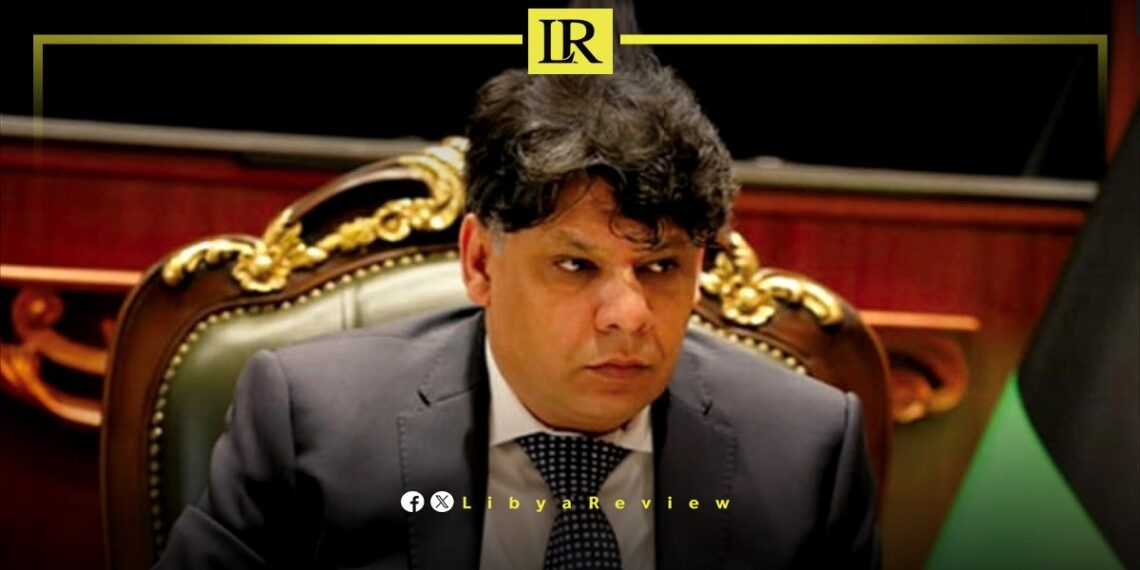The Office of the Attorney General has announced that the investigative authority has ordered the detention of a leader from the armed group that controlled the city of Tarhuna prior to 2020, who confessed to 22 murders.
The Office of the Attorney General clarified that the Deputy Prosecutor, assigned to the Committee for Investigating Violations Attributed to the Kaniyat Group, reviewed a report from the Stabilisation Support Apparatus regarding the arrest of the suspect (F.L.) southwest of Tripoli.
The investigator verified that the suspect was indeed the individual sought for his excessive killing and violations of the rights of some city residents. The investigator confronted the suspect with the allegations, leading to his confession to 22 murders committed after joining the group. Consequently, the investigator decided to detain him pending further investigation.
Days ago, Attorney General Al-Siddiq Al-Sour has urged prosecutors within the Tripoli Court of Appeals jurisdiction to expedite the execution of 50,000 pending criminal judgments by the end of this year.
Last Tuesday, the Attorney General visited the unit responsible for the execution of judgments in the Tripoli Appeals Prosecution Office to inspect the progress of delayed executions. These delays have been attributed to the inadequate performance of the entities responsible for execution over the past years, according to a statement from the Attorney General’s Office.
Al-Sour emphasised the importance of establishing the principle of equality in the application of imposed penalties. He called on execution officers to complete the measures leading to the enforcement of custodial sentences and associated ancillary and complementary penalties before the end of this year.
Libya has been in chaos since a NATO-backed uprising toppled longtime leader Muammar Gaddafi in 2011. The county has for years been split between rival administrations.
Libya’s economy, heavily reliant on oil, has suffered due to the ongoing conflict. The instability has led to fluctuations in oil production and prices, impacting the global oil market and Libya’s economy.
The conflict has led to a significant humanitarian crisis in Libya, with thousands of people killed, and many more displaced. Migrants and refugees using Libya as a transit point to Europe have also faced dire conditions.
The planned elections for December 2021 were delayed due to disagreements over election laws and the eligibility of certain candidates. This delay has raised concerns about the feasibility of a peaceful political transition.
Despite the ceasefire, security remains a significant concern with sporadic fighting and the presence of mercenaries and foreign fighters. The unification of the military and the removal of foreign forces are crucial challenges.


